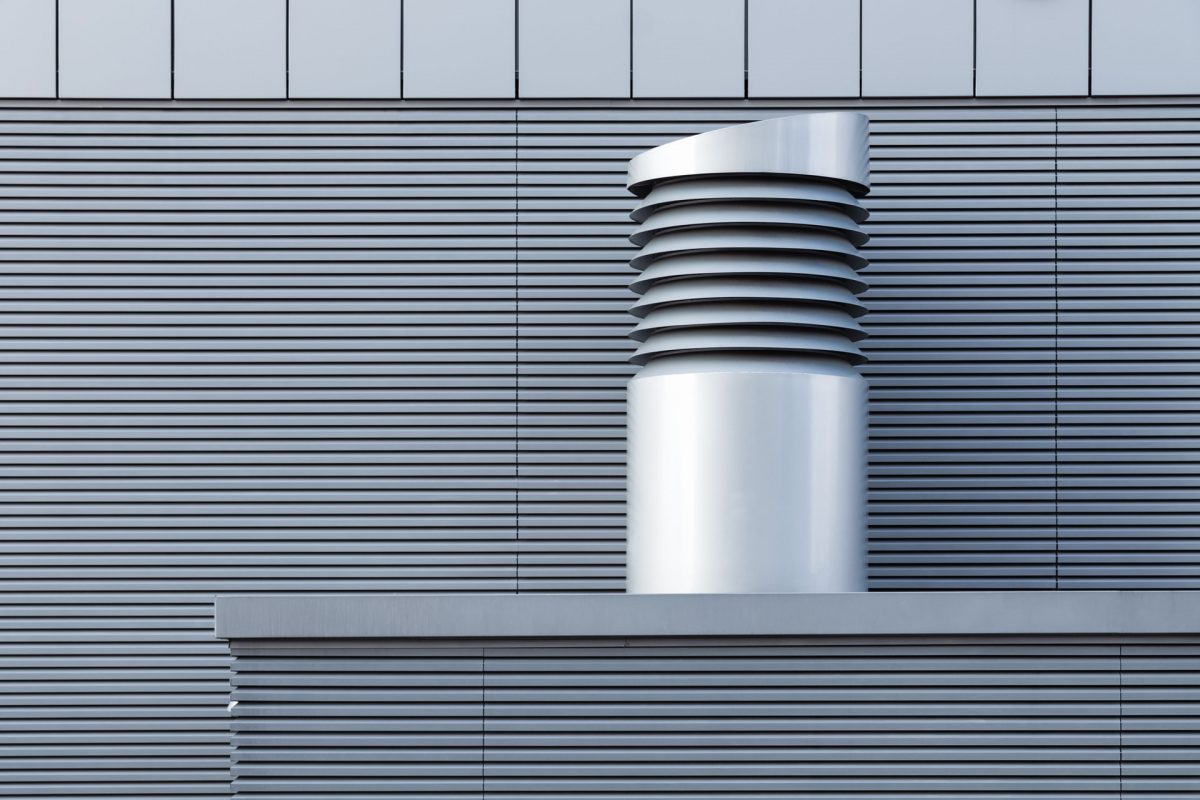More than any other room in the house, the basement can become a repository for unpleasant odours, moisture issues, mould growth, and other indoor pollutants. Unventilated basements are prone to musty odours and mildew. They’re also commonly used to store household products like paints, solvents, automobiles etc, products which gradually release chemicals into the environment. These chemicals accumulate in an unventilated space and create a toxic environment. Ventilating the basement removes polluted air while bringing in fresh air from outside. Basement ventilation can be done in two ways: naturally or mechanically. Each has advantages and disadvantages. How to install ventilation in the basement? Continue reading to find out.
Ventilating the Basement Naturally
Natural ventilation uses natural air, but is only effective in basements with windows that can open and close. While the natural method saves energy, it does necessitate more effort. Additionally, the windows must be opened at regular intervals and closed during rain or at night. If the basement is constantly wet, the natural method will most likely be insufficient, and a mechanical basement ventilation system will be required.
Mechanical Ventilation System
Fans and vents are used in mechanical ventilation to exhaust existing basement air and bring in fresh outdoor air. This system could be as simple as installing small window fans on opposite windows. Installing an exhaust fan with a ventilation pipe, for example, can be more technical. Mechanical ventilation is popular among homeowners because of its great flexibility and automation. A design plan is the first step in creating a basic mechanical ventilation system. In addition, the size of the basement and other appliances or items in the space are taken into account. What is appropriate for the majority of small-to-moderately sized basements? It is pertinent to install a ventilation fan on one side of the basement and an exhaust fan.
Fixing a Humidity Sensor
The best ventilation fans come with a humidity sensor for easy automation. When the sensor detects a specific moisture level, the fans will vent the air until the moisture level in the basement is reduced. Of course, this is ideal for preventing mildew, mould, and water damage. Contact RC Cooling if your home requires mechanical air ventilation installation. Since 2015, we’ve been a leading air conditioning contractor. At RC Cooling, we have a team of fully-certified AC engineers who can confidently take on any task. Also, if you need an air conditioning repair in Surrey get in touch with us.
Why Not Install a Dehumidifier?
Most basements are humid, which makes them stuffy. Fans can not reduce humidity on their own. You’ll need to install a dehumidifier to dry the air. This will effectively remove any moisture accumulated in your basement, resulting in a healthier environment on the inside. Open the doors and windows to breathe fresh air after running the dehumidifier. In addition, if you’re not sure which size you need for your basement, contact RC Cooling. Basements, in most cases, necessitate a larger unit, especially if they’re prone to condensation and leaks.
Final Words
Basement ventilation can be as simple as opening windows or as complex as installing a new HVAC system. In any case, you should always ensure adequate ventilation to avoid damage and mould growth. Once you’ve done so, you’ll notice that your basement is brighter and more alive. It would be best to consider incorporating it into your living space. Do you want to ventilate your basement professionally? Contact RC Cooling, we provide air conditioning maintenance in Surrey.

